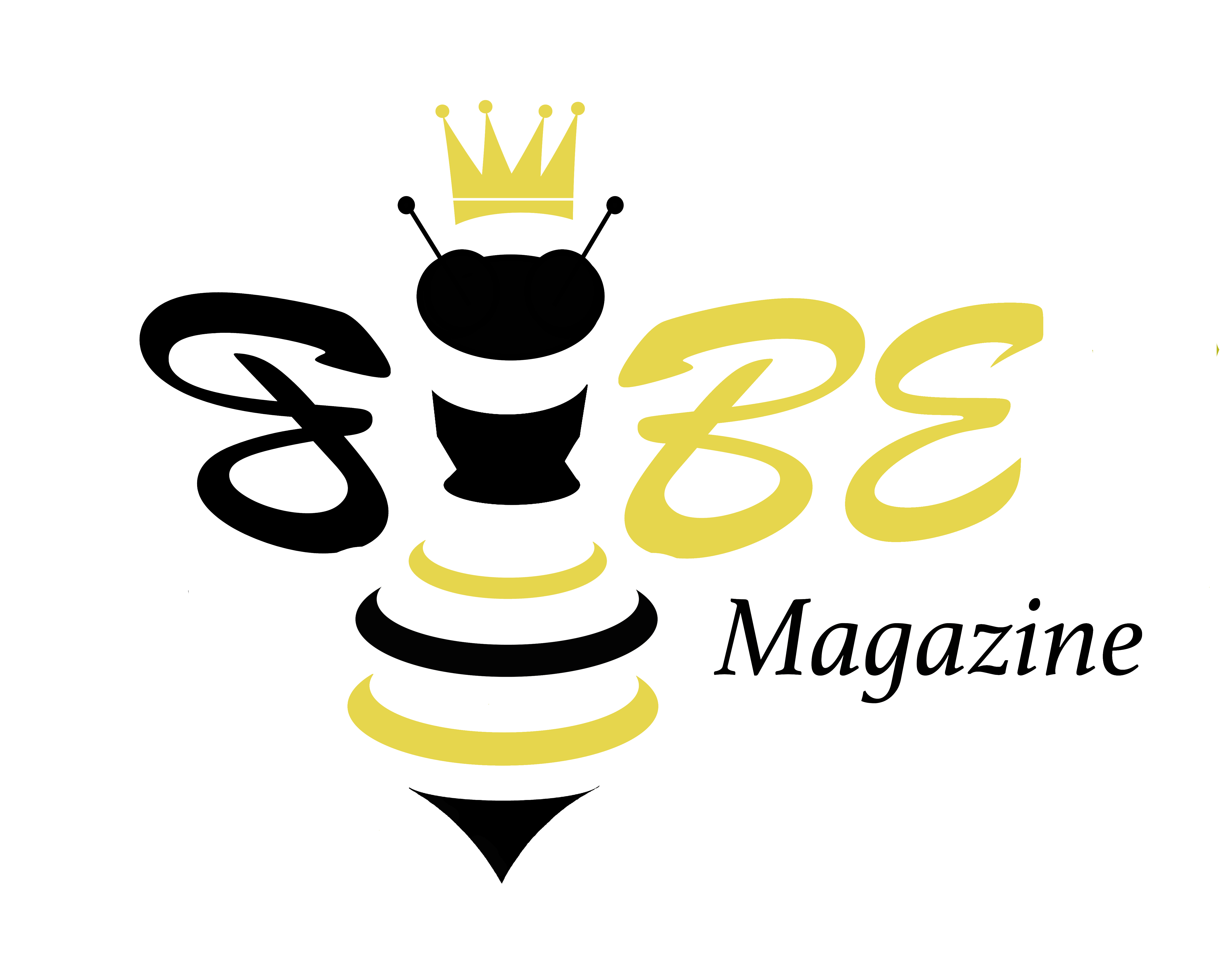As you can probably tell from the title of this article, I’ve had a pretty overwhelming semester. It all began when I decided to learn Jiu-Jitsu for a project in a Comparative Studies course at Ohio State University. Robin Gieseler, our Jiu-Jitsu instructor, collaborated with our class and had the goal of spreading more awareness about his program to the women in our community. At first, I wasn’t 100% sure what Jiu-Jitsu actually was and I definitely wasn’t prepared for how difficult it would be to learn it as a sexual assault survivor…but I’m so glad that I did it.
Initially, I decided to learn Jiu-Jitsu for a few reasons: I thought it was cool, I had never practiced a martial art before, and I thought it would be a great weekly workout (which ended up being my only weekly workout HA). What I didn’t know until now, though, is that I was learning Jiu-Jitsu for a much bigger reason: to complete my healing process and to, hopefully, help others complete theirs’. If there is one thing I have gained from my experiences with sexual assault, it’s my mental/emotional resilience. So, why not add physical resilience to that?
While Jiu-Jitsu is usually seen as a combative and competitive sport, it is also a strong form of self-defense that can be learned by anyone, including women. Robin always reminded us that Jiu-Jitsu uses the energy/strength that already exist in our bodies. This, to me, was an important part of the class. As a majority of the group were women, it was extremely encouraging to have Robin instruct us in a way that was inclusive of all people, which is rare to see in martial arts. We learned self-defense moves that were very relevant to many circumstances that women, unfortunately, have to encounter. We learned how to escape a grip, how to stop someone from choking you, and much more.

Jiu-Jitsu is a martial art that requires a lot of intimate physical contact, which can cause someone who has experienced sexual assault to feel uncomfortable/triggered. I found that, for me, the most difficult part was the ground fighting – both watching and participating. It was a different experience; dealing with trauma outside of your comfort zone is never ideal. I struggled a lot with separating reality from memory. With the help of my professor, Maurice Stevens, I was able to teach myself to recognize when I am safe vs. when I am not. Robin and Maurice provided a safe space for me to grow mentally, emotionally, and physically, which is exactly what I needed to succeed in this class.
To help put this into perspective for other survivors, I want to compare my best days in Jiu-Jitsu to my worst. My best days were always extremely empowering. During one class, in particular, Robin taught us how to flip someone from on top of you, and guess what? I DID IT! Not only did I flip someone off of me, I flipped a MAN off of me! I can still remember the rush of adrenaline that I felt. I was so proud of myself and felt like I could conquer anything in the world. Being able to physically protect myself is an unfamiliar feeling. As a sexual assault survivor, I am constantly reminded of the moments I was unable to protect myself. Knowing that self-defense IS a possibility for me was an important thing I gained from this class. Many women don’t know about Jiu-Jitsu or think that they can’t learn it due to lack of strength, which is why it’s so great that Robin is trying to fix that.
My worst days, fortunately, did not occur as often as my best days. But, when I did have bad days, it was difficult to participate in class. One example is a class where Robin taught us how to stop someone from choking you while on top of you. I’m sure you could imagine why this would be difficult for someone like me. I would feel myself mentally leaving the room and I would start having anxiety attacks. Trauma is hard to explain; it comes out of nowhere and completely takes over your body. Luckily, the support of my instructors and my peers helped me remember that I was safe and the only thing hurting me was myself. And, luckily, I was able to learn how to help myself instead.
Learning Jiu-Jitsu has been a challenge, but I don’t regret one second of it. My best days outweighed my worst and there is no replacing a lifetime of being healed. I want us survivors to create a community of support and this is the perfect way to do that. Not only would we be able to help bring each other ‘back to reality,’ but we’d also be learning how to protect ourselves from any future trauma. I hope that my experiences can help other women gain the courage to learn Jiu-Jitsu, or even to just go out there and find a supportive group in general.
I want to thank my professor, Maurice, and instructor, Robin, for giving me the support and guidance that I needed. Robin is an incredible instructor and does a great job of empowering women to reach their full potential. I hope to continue my Jiu-Jitsu lessons and help Robin spread some awareness to the women in our community. I think it would be incredible if Robin, eventually, created a class specifically for women who have survived sexual assault. He would be helping some of the strongest women in the world become even stronger.


what a great article!
LikeLike